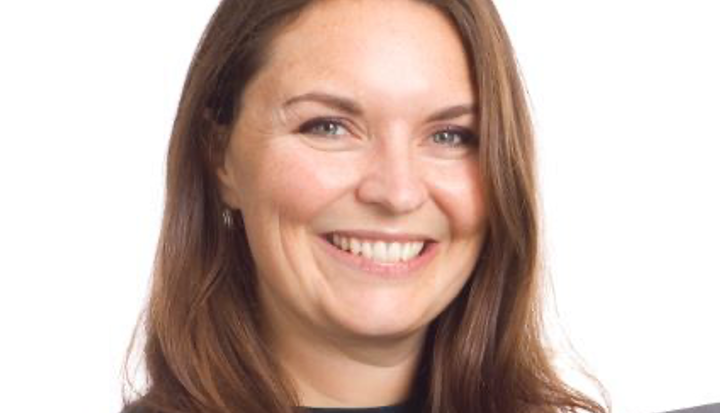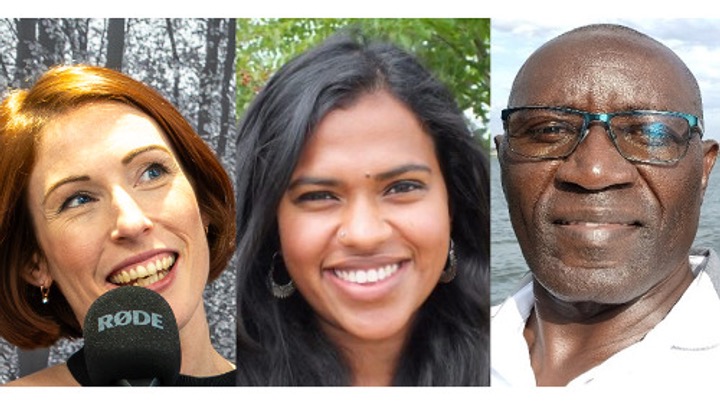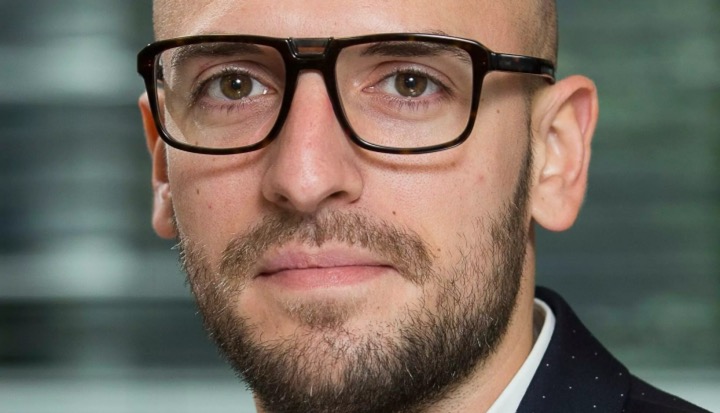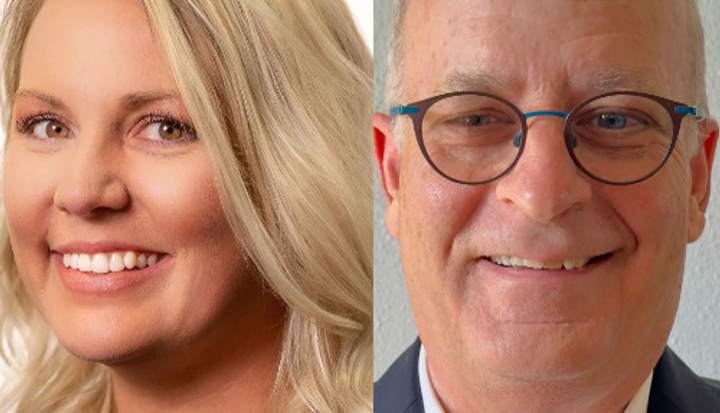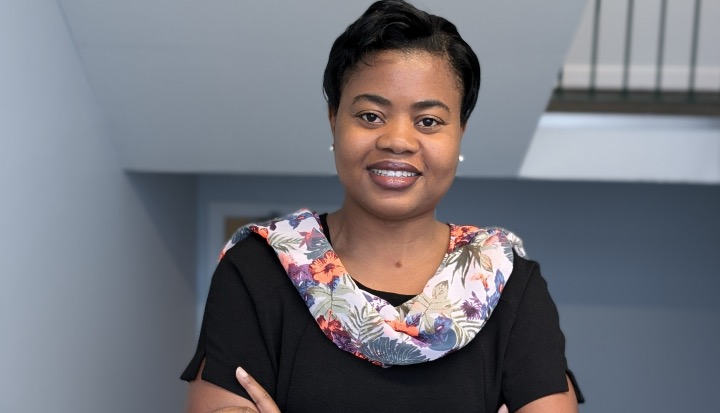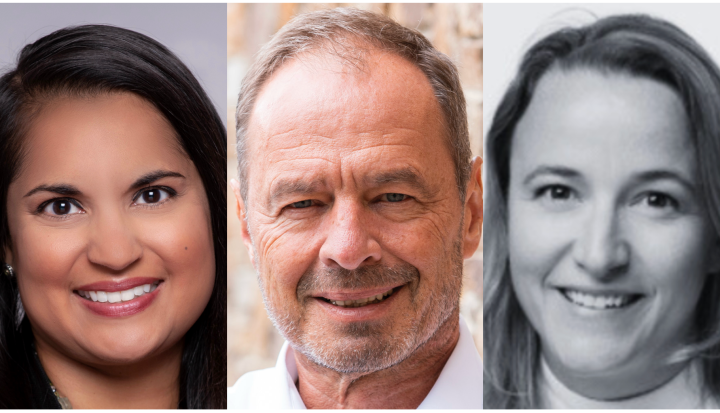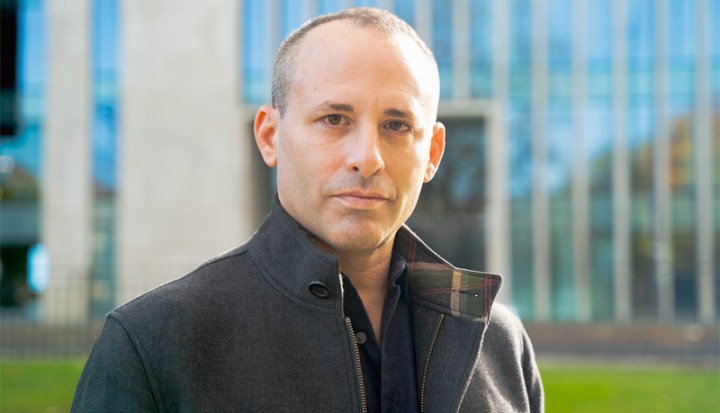Yvette Torres-Rahman, Partnerships Director at Business Fights Poverty, interviews Liisa Petrykowska, Managing Director of Ignitia, a member of Business Call to Action.
YTR: Ignitia helps small-scale farmers in West Africa to increase their yields by providing them with highly accurate weather forecasts straight to their mobile phones. Please tell us more about how Ignitia first came about.
LP: It actually came out of a moment of frustration. At this time I was doing research on the cooler parts in the Arctic but every time I spotted one of these rare clouds there wouldn’t be any suitable satellite around to monitor it and I was asking myself – “why is it that there are so many weather satellites around the equator and none at the moment in the Arctic where I need coverage?”. Among atmospheric scientists it is well known that near the equator area where the tropics are there isn’t even a reliable weather forecast, so looking back this was probably my eureka moment – “great satellite coverage in countries around equator but still no reliable weather forecasts in the 21st century!” – and it is such a basic service that we take for granted in Europe.
So this sparked me to look further and tackle the challenge of weather forecasting for the tropics. The weather conditions are significantly different to what we are used to and where traditional models for weather prediction fail to provide reliable forecasts; so a couple of months in I got a few research colleagues together and then we started Ignitia. It took us about three years of research before we had a product to offer, but now we are in the market with a product called iska, and we provide farmers with weather forecasts that increase their yields. It’s as easy as dialling *455# to start in Ghana.
YTR: To what extent does weather impact farmers’ yields?
LP: The interesting thing with farming and weather is that it is very reliant on accurately predicting rainfall, so choosing the wrong date for an action such as planting can make a real difference between great yields and crop failure. Many small-scale farmers in Africa rely on traditional farming methods, which means that plants only get watered by rain. So they only have one chance to make the right decision. If they get the timing of the rain wrong, they can’t afford to buy new seeds.
So what a reliable weather forecast can do is help farmers to time their actions wisely. Since the day we started producing forecasts for West Africa I have met many rural farmers that have doubled their yields, this translates into about 80% increase in income which is a huge difference for small scale farmers.
YTR: In the last rainy season, I hear you are achieving a weather prediction accuracy of 84% in Ghana – do other services offer similar accuracy to you?
LP: Not that I am aware of. We have now been active and producing weather forecasts for three rainy seasons in West Africa and it’s a bit early to come to a conclusion but what we’ve seen so far is that we have managed to produce forecasts within average accuracy of 82% in Ghana and this season the number bumped up to 84% accuracy. Compared to forecasts made in West Africa on the major TV channels around the world this is outstanding. An average global weather forecast has an accuracy rate of 40% for West Africa, which then would translate into more wrong forecasts than right forecasts. I think our high accuracy is the main reason farmers are happy to pay for such a service.
YTR: How does the cost of subscribing to a season of weather forecasting compare to a farmer’s overall cost of input?
LP: When we set the price for the forecast we intended to have the cost so low that any African farmer would be able to afford it. It works out at about 4 cents [0.04 USD] per forecast message, so it’s like they are paying in micro instalments over the season. The total cost of forecasts for one farming season is less than 2% of their overall investment in such things as fertilizers, seeds and other inputs.
YTR: Because your revenue is based on micro charges of a few cents per transaction, building scale is going to be quite crucial to your business. What challenges are you facing to scaling up your reach?
LP: Well firstly, I think that just creating the awareness for our forecasting to our core customers, which are rural farmers in Africa, is a huge challenge. We need to find some kind of low cost solution for marketing that reaches all the way to the steep lands of Savannah and this is easier said than done. The second major challenge we have is recruiting market scale business developers who are willing to both live and work in West Africa. We get a lot of applications from young volunteers but finding the talent with good experience and skills in business development is still quite a bottleneck to growth for us.
YTR: Which marketing strategy is working best for you?
LP: We have been doing a lot of text message advertisement – it is very cheap to do and you can reach scale pretty fast but it’s limited to users who understand English. Especially in Ghana, where there are about 52 different local languages, it is very hard to know what language to use.
We have tried sending messages in English and local languages. English has a clear advantage because even illiterate farmers who speak a little English can recognize words. And because the text messages are structured very simply using similar language each time they can learn to recognise the pattern and what that means e.g. rain or no rain.
But our challenge is to find an even more effective way to scale up our awareness amongst farmers!
YTR: Thank you for your time Liisa. I would like to invite members who are tackling a similar challenge to share their learnings.
LP: Thank you very much!


